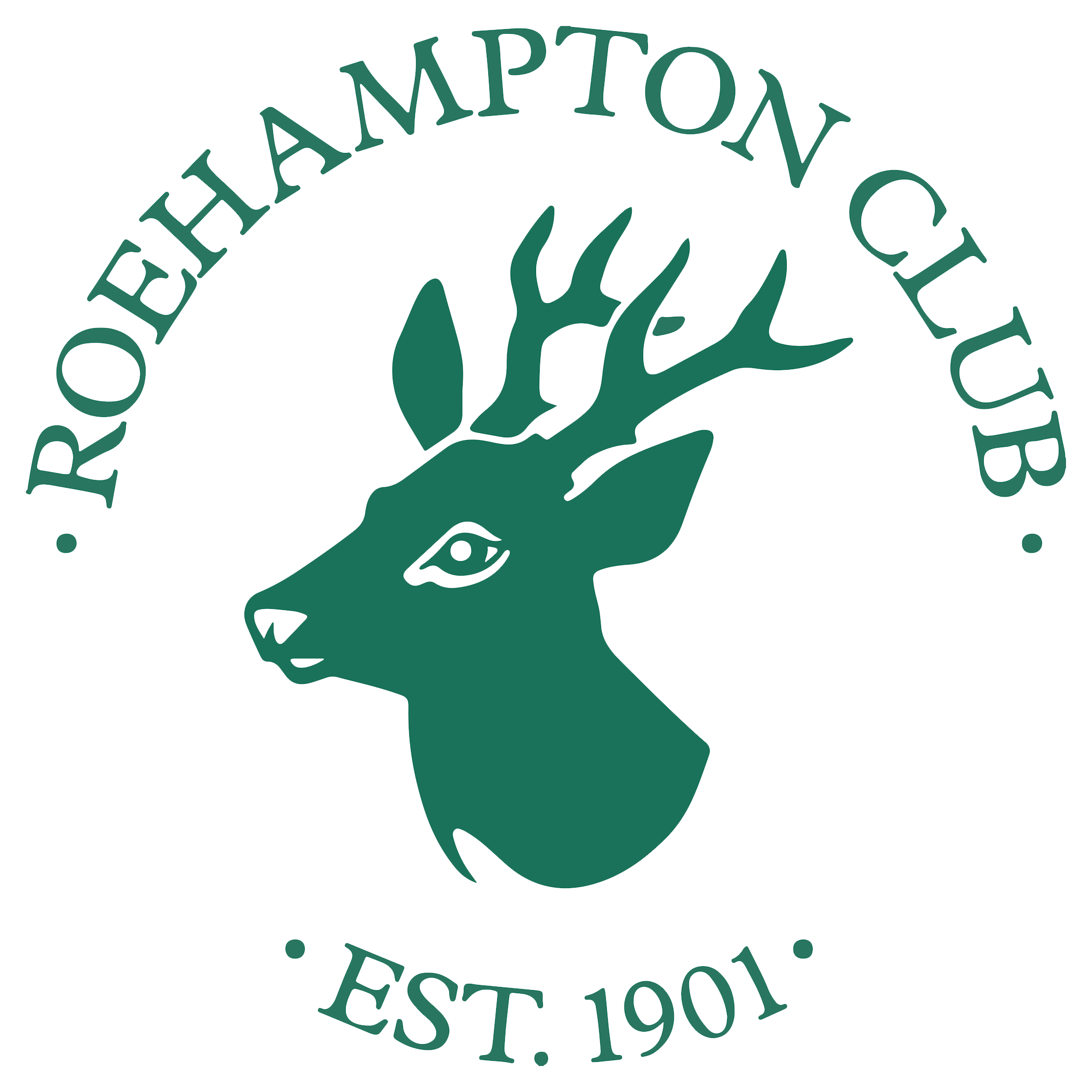Digitisation Project for the Roehampton Club Archives
This article refers to a previous contribution to the Roehampton Club Recorder – Heritage Reimagined, and the use of new technology in the management of historical archive material associated with Roehampton Club. The Club has engaged a specialist company – Max Communications to digitise significant parts of the Club archives including application forms, minutes from meetings, scrap books, honours boards, trophies and photographs. This will ensure the preservation of our records dating back to the 1900’s and will allow some of this material to be searchable digitally.
Before the advent of the Internet and the use of new technology, the task of pulling this archive material together in a cohesive and efficient manner was extremely time consuming and laborious. The records would require a painstaking approach to reveal the taxonomy of the material, its relevance to the origins of the Club, the influential figures involved and the timeline of important events that shaped its evolution.
Along the way, other issues of local, national or global significance would come to light revealing unexpected connections from the past such as neighbouring landmarks, notable figures of authority, pioneers in the field of industry, commerce or the arts and how the Club was affected during the First and Second World Wars.
For many long-standing sports clubs, the culmination of this exhaustive background research has traditionally resulted in the publication of a book to commemorate a centenary year or another anniversary of note. Once completed and published, the promotion of the finished work inevitably gives rise to the discovery of new and additional material from previously unknown sources which most people would never see. Against this background, the growing use of new technology in the larger heritage institutions now allows a more sophisticated approach to archive management and new ways to unlock the value of historical data. The cornerstone of this new methodology is ‘digitisation’ – the conversion of text, pictures, or sound into a digital form that can be processed by a computer. It is the processing of this data that enables new and exciting possibilities to search, interrogate and display the material. By way of example, the Centenary Book by Elizabeth Hennessy can be used in this way to identify key individuals featured in the book, timeline events, images or other relevant topics relating to the evolution of the Club. Applying the same treatment to the Roehampton Club archive material would mean a broader audience accessing information for the first-time including interviews with longstanding Members of the Club recorded and saved for posterity.
In this modern and developing world of social media, the audience can be addressed appropriately to reinforce our historical links with many different sports and the different sections of the Club which make up our cultural heritage.
Max Communications has a distinguished reputation in the field of digitisation with many major clients including the National Archives in Kew, Tate, Victoria & Albert Museum, Royal Opera House, Imperial War Museum and the Palace of Westminster. The meaning of this new approach will become more apparent when the full extent of the digitisation project is announced and the archive material is available for the first time for Members to search and interrogate. By way of illustration, a digital version of the Centenary Book by Elizabeth Hennessey will shortly be made available on the Members’ website enabling Members to search the publication to identify the people, places and events that make up the cultural heritage of this Club.
As a final comment on the fascinating changes in our ability to travel back in time, we are now at the beginning of a new era to celebrate the past in so many interesting and different ways. More examples of this approach to be announced – watch this space.
